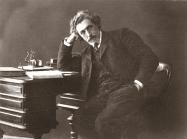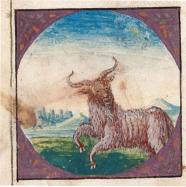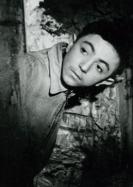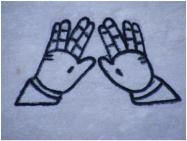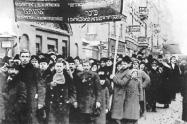(176 results found)
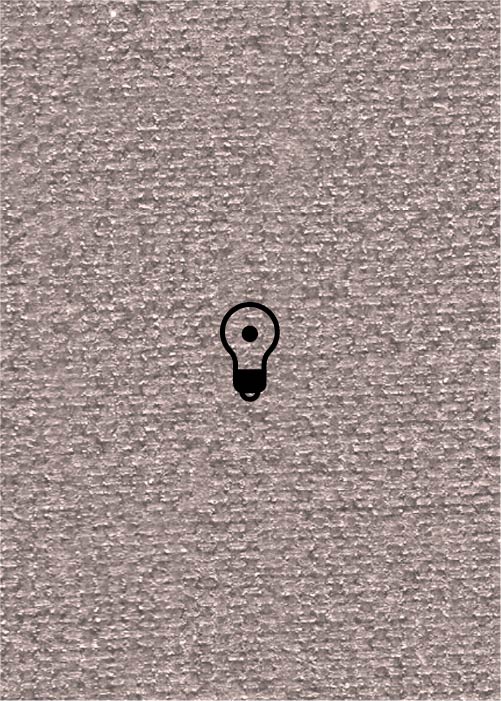
Adom harishon tants (LKT)
… a large circle and sang the following:...” [Brest Litovsk, Poland, 1850]. Wengeroff 1913, II, p. 111 . … …
In Zaltsikn Yam - A Yiddish Workers' Song
… the Bund, the General Union of Jewish Workers in Lithuania, Poland, and Russia (Der Algemeyner Yidisher Arbeter Bund in … journal Der Arbayter in 1902. It was later published in Poland in 1922 in the eighth volume of An-sky’s collected …
Had Gadya in Israeli Culture
… her album London (1989). Alberstein was born in Szczecin, Poland, in 1947, and moved to Israel with her family in …
Our Children - Unzere Kinder
… Gross and Shaul Goskind This semi-documentary film (and Poland’s last Yiddish feature) features the comedy duo … Yiddish … Yiddish Films … Yiddish songs … Yiddish Theater … Poland … Holocaust … Dzigan and Shumacher … Our Children - …
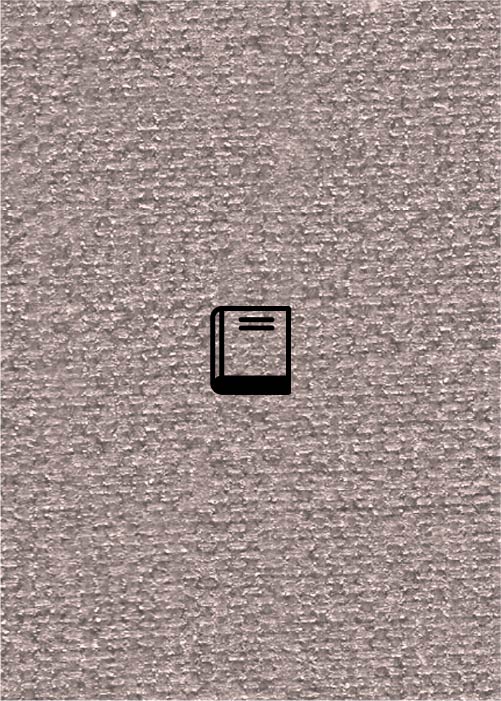
Mir Leben Geblibene
… of the synagogue, Moshe Koussevitzsky . … 9 … 34202 … … Poland … Nożyk Synagogue … El Maleh Rahamim … Koussevitsky, …

It Was The Custom
… the Shem'a over a babies cradle. That is a common custom in Poland and Ukraine. Additionally, there is a wedding … Jewish cultural groups … Customs … Yemen … Eastern Europe … Poland … Ukraine … It Was The Custom …

Karaite Jews Musical Tradition
… Byzantium as well as in Crimeria, Lithuania, and Eastern Poland. During that period, the development of the Karaite …
Priestly Blessing- Birkat Kohanim
… are examples of the Priestly Blessing from both Germany and Poland. The difference between the two traditions is quite …

Society for Jewish Folk Music
… his music bears the same distinctive character. Born in Poland and a graduate of the Warsaw Conservatory, Löw … after a successful career as choirmaster and composer in Poland. He was a prolific composer who enjoyed great …
In Ale Gasn\ Hey Hey Daloy Politsey
… socialists, communists, and even anarchists, in Russia and Poland since the ending of the 19th century until the … of the Labor Bund, the Jewish communist party in Russia and Poland. As mentioned above, the piece is comprised of two …



